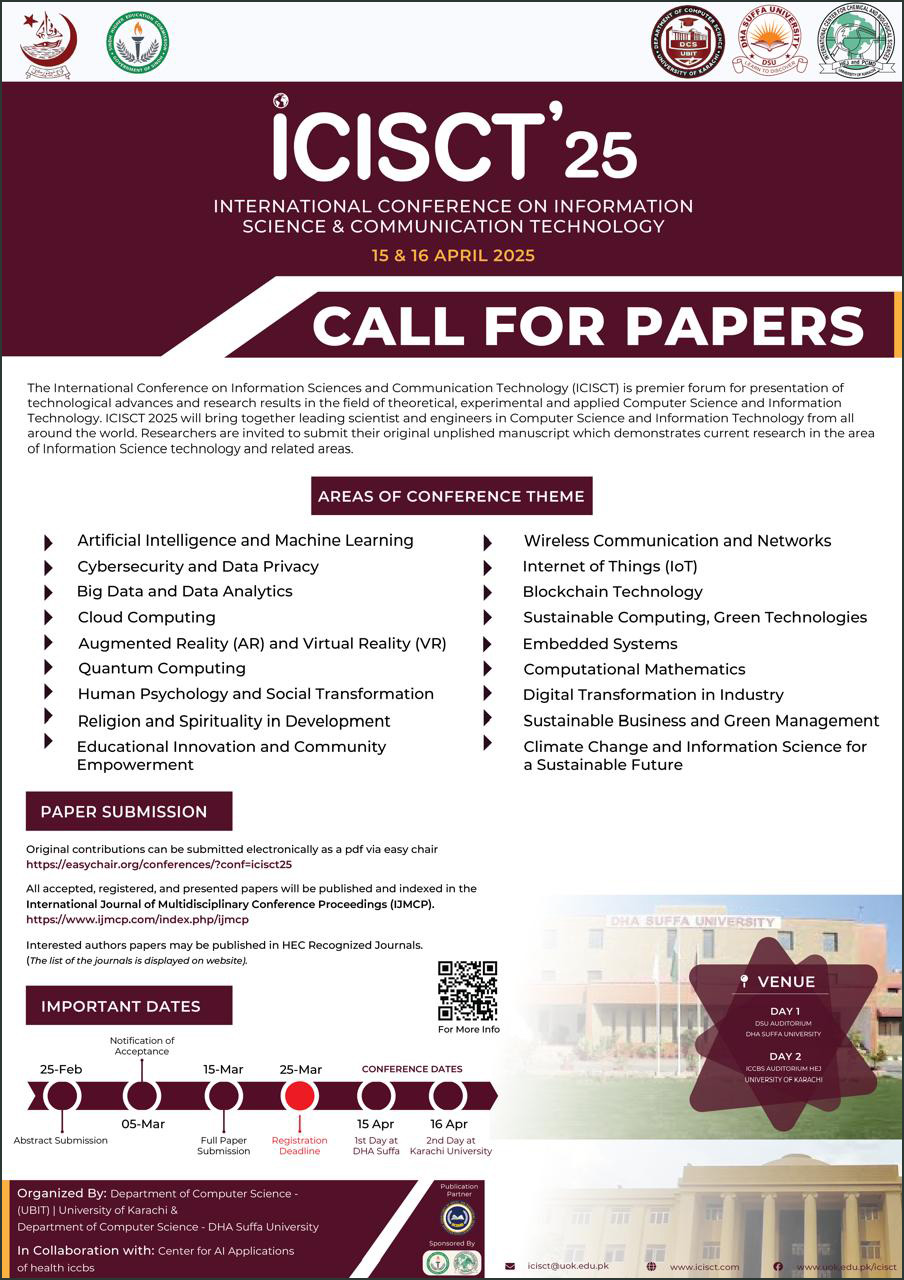Influence of Family Dynamics and Peer Pressure on Academic performance: The Mediating Role of Self-Esteem in Pakistan
DOI:
https://doi.org/10.61503/cissmp.v3i3.178Keywords:
Family Dynamics, Self-Esteem, Peers, Academic AccomplishmentAbstract
The research paper examines the impact of family dynamics and peer pressure on students' academic performance at a public sector university, focusing on the mediating role that self-esteem plays. This study identified four factors that influence such students' academic outcomes: family contact, parental participation, communication, and support. The study also investigated how positive and negative peer pressures influenced these students' performance. In the current study, family dynamics and peer pressure were identified as key elements that can directly or indirectly influence self-esteem and, as a result, academic achievement. A quantitative study design was used to obtain data from a sample of students at a public sector university using a structured questionnaire. Students who receive more support and communication from family members have stronger self-esteem, which translates into improved academic accomplishment. On the other side, negative peer pressure has been linked to lower self-esteem, which has a detrimental impact on academic attainment. The findings underscore the importance of fostering positive family environments and peer relationships to improve students' self-esteem and academic success. This study contributes to the understanding of the complex interplay between family, peers, and individual self-perception in shaping academic performance.
Downloads
Downloads
Published
Issue
Section
License
Copyright (c) 2024 Iqra Sultana, Ayesha Allah Ditta, Aqsa Atta

This work is licensed under a Creative Commons Attribution-NonCommercial 4.0 International License.
Contemporary Issues in Social Sciences and Management Practices (CISSMP) licenses published works under a Creative Commons Attribution-NonCommercial (CC BY-NC) 4.0 license.









